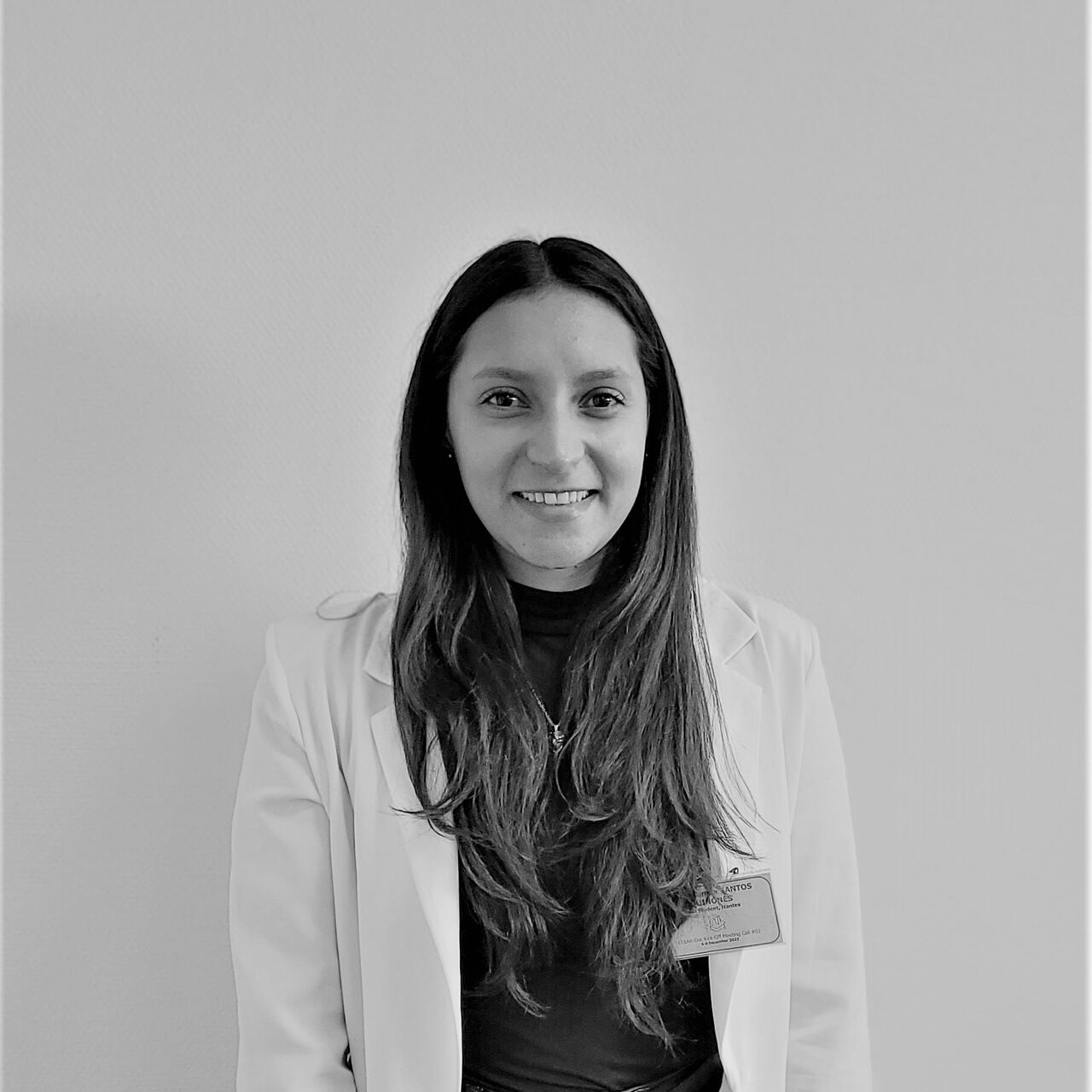Her background
I am a civil engineer, and I have a master's degree in civil engineering with an emphasis on road infrastructure from the Universidad de los Andes, Bogota, Colombia. My areas of research interest include the development of new technologies and materials for sustainable roads and the advanced characterization of asphalt material behavior and deterioration.
In the course of my studies, I discovered my interest in academic life and the impact that infrastructure generates on the sustainable development of society. For this reason, I did my master thesis on the research: "Evaluation of the use of crude palm oil and its derivatives as rejuvenators in materials with high RAP content at the binder and asphalt mortar scale." I did my master's degree with a fellowship as a graduate research assistant, participating in the project Infraestructura Visible (Visible Infrastructure, in English) that aims at collecting, analyzing, centralizing, and publishing information about the current and future infrastructure in Colombia. In addition, I participated in structuring Obras por impuestos (Works for Taxes, in English) projects of infrastructure and endowment in municipalities highly affected by the armed conflict in Colombia. During my professional life, I have had the opportunity to work in the industry as an engineer in the quality control of materials and the design of pavements and geotechnical structures for rail and road infrastructure projects in Colombia and Mexico. Currently, I am a PhD student at the Université Gustave Eiffel (France) with the CLEAR Doc program, an opportunity to contribute to the construction of sustainable infrastructure.
Key facts
The things that I enjoy more are: dancing, cooking, trying new food and discover new places by bicycle.
I was winner of the international award "Outstanding Women in Pavement Engineering", granted by the Mexican Asphalt Association (AMAAC).
Summary of her thesis
Currently, asphalt pavements are the most common in the construction of transportation infrastructure. However, this technology will not be sustainable in the future because the bitumen contained in these materials is a petroleum derivative and, hence, a limited resource. In addition, in recent years, the priority of petroleum processing companies has changed, and the production of bitumen has been reduced in favor of higher value-added fractions and to the detriment of bitumen quality. Furthermore, its production generates negative impacts on the environment. For all these reasons, four entities: 1) Université Gustave Eiffel (Nantes, France); 2) Eiffage (Corbas, France); 3) University of Palermo (Palermo, Italy); and 4) Vienna University of Technology (Vienna, Austria) decided to work together on an international research project with two main objectives: 1) to find an alternative binder that replaces bitumen and comes from renewable raw materials (biobinder); and 2) to evaluate the aging processes of the mixes produced with this new biobinder.
The first phase focuses on developing an innovative biobinder that could play the role of conventional bitumen. The materials to be used as biomass to produce the biobinder will be initially evaluated, considering as selection criteria the abundance of organic material in the country as well as the environmental, economic, and social sustainability of the materials, without neglecting the performance of the biobinders.
The second phase refers to evaluating the aging processes of the biobinder. Studies on biobinders have shown that these materials have satisfactory performance and bonding properties. However, little work focuses on their evolution and their resistance to aging, which could be very different from bitumen, given the composition of these alternative materials, especially their oxygen content. This phase involves the study of the change in the chemical composition and mechanical properties of the materials over time when these are subjected to aging processes. The biobinders will be aged by several factors: temperature, salinity, humidity, oxidation, and UV exposure, among others.
What's next?
On the personal side, I want to have the experience of traveling around Europe, which implies learning languages, trying new food, one of my great passions, and getting to know new cultures. On the other hand, in the academic field, one of my goals is to share my work with multiple audiences, including the scientific community, industry, policymakers, and the general public. Once I finish my PhD, I would like to develop as a full-time researcher, do a postdoc, or become a professor. However, I also see myself working for a private company providing pavement solutions that respond to the new challenges of the cities of the future.

